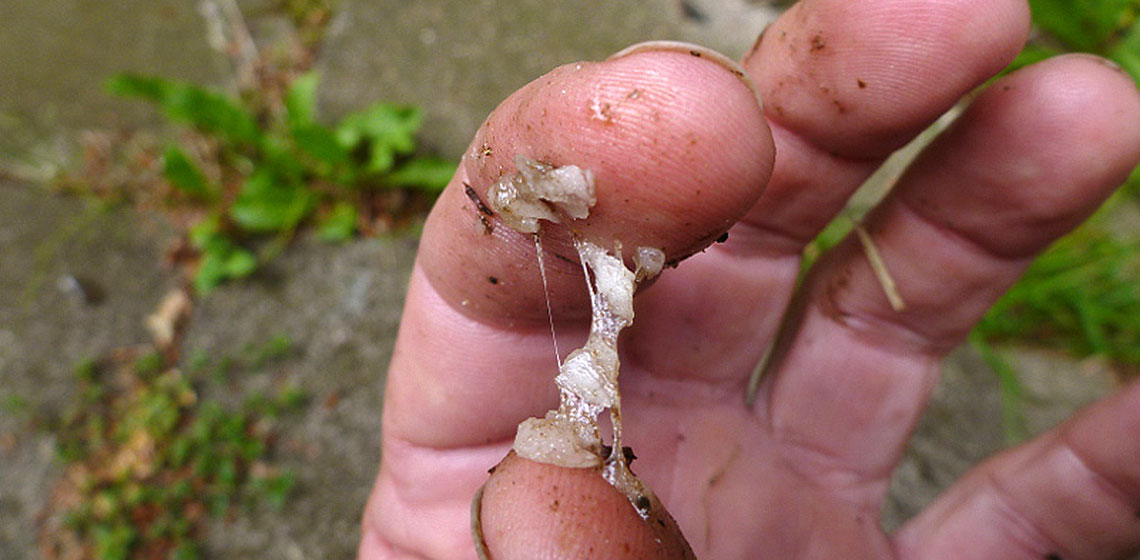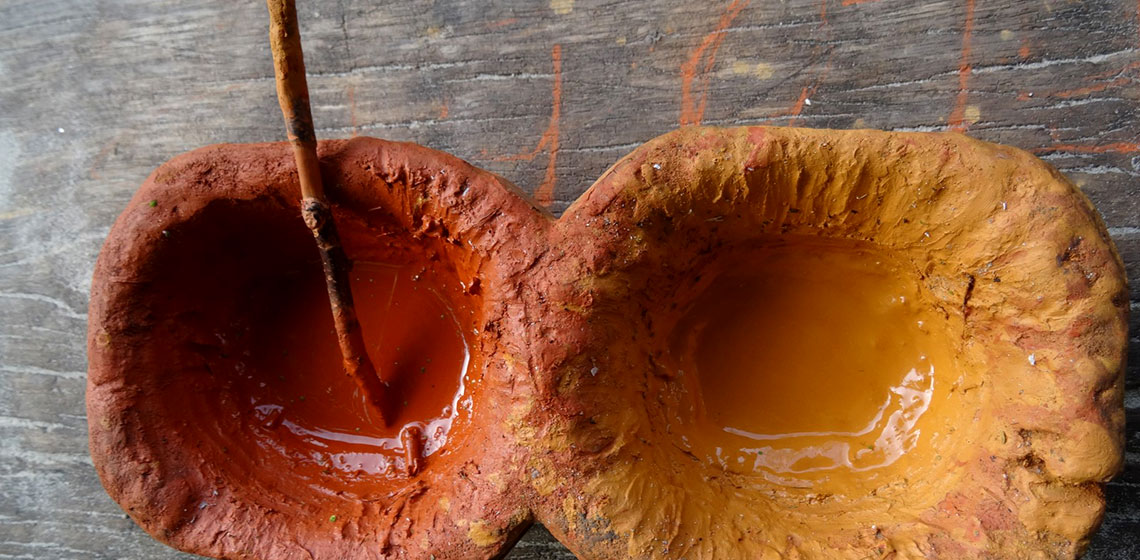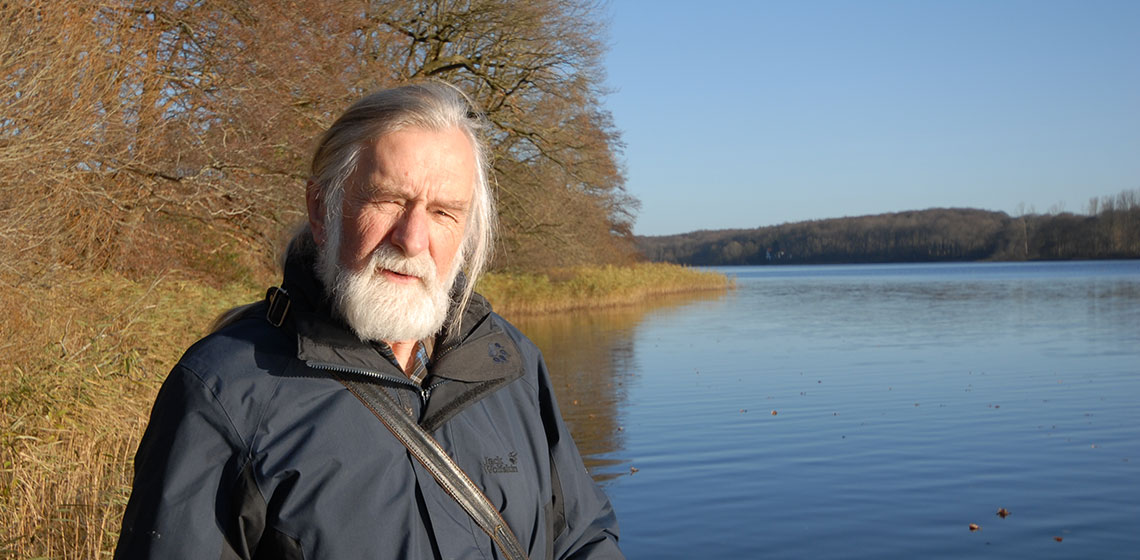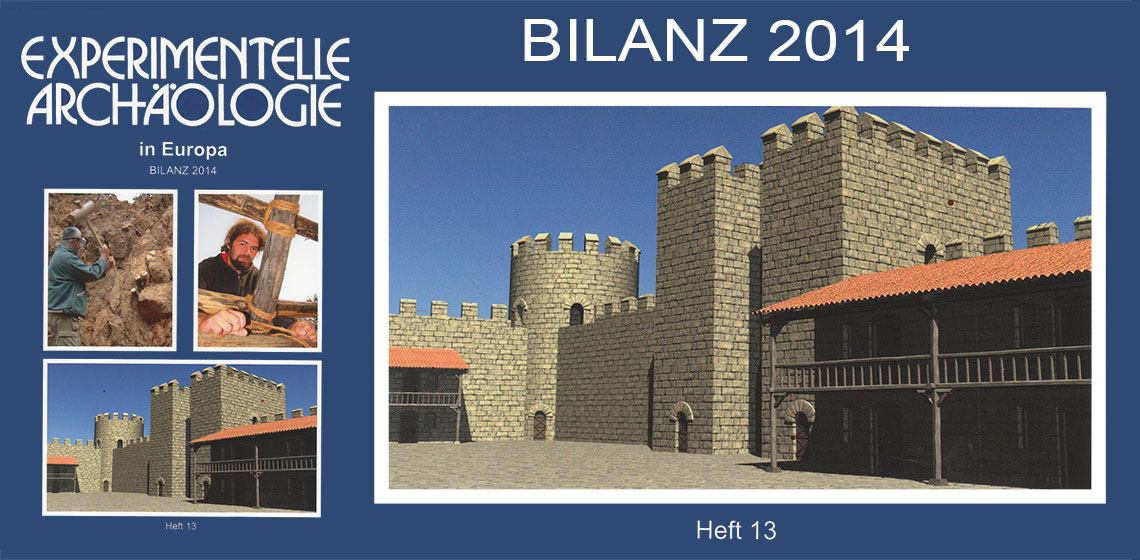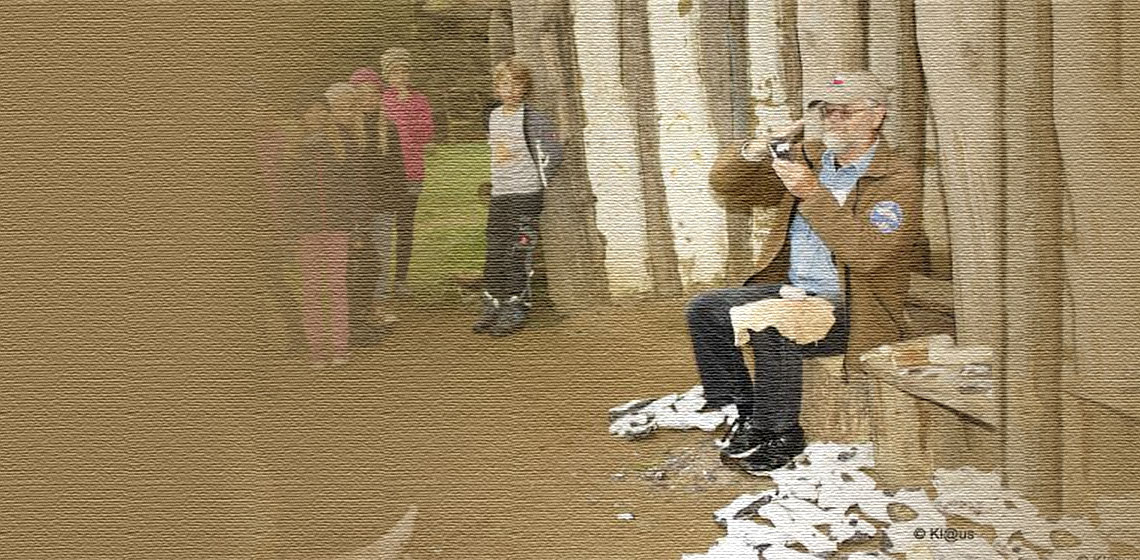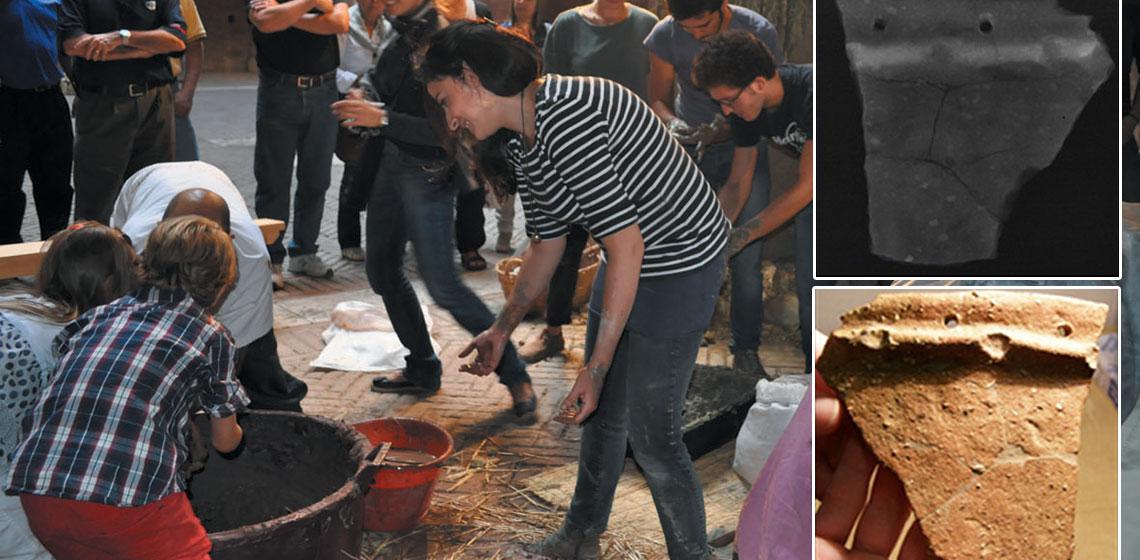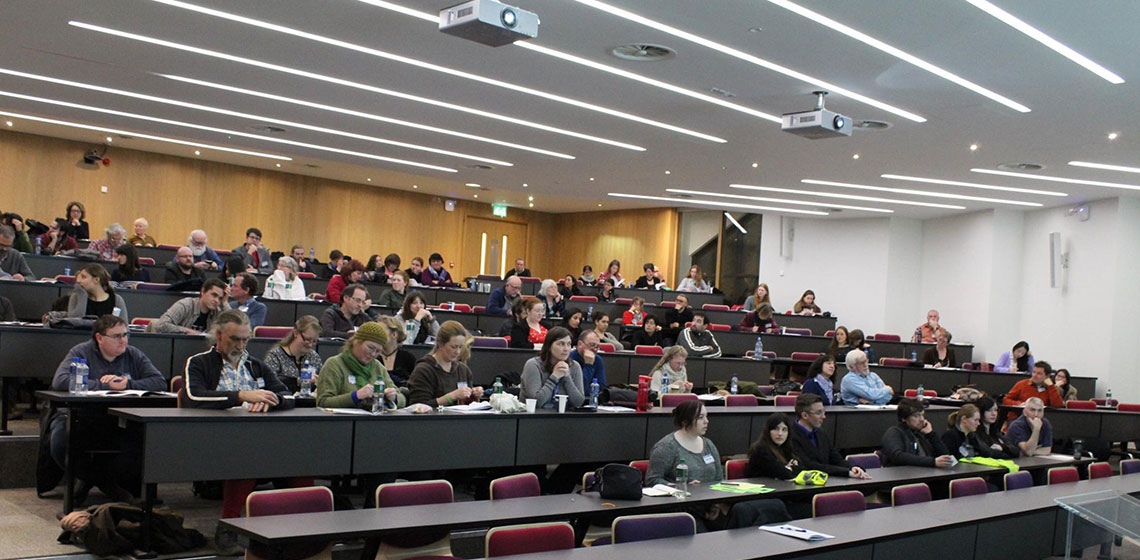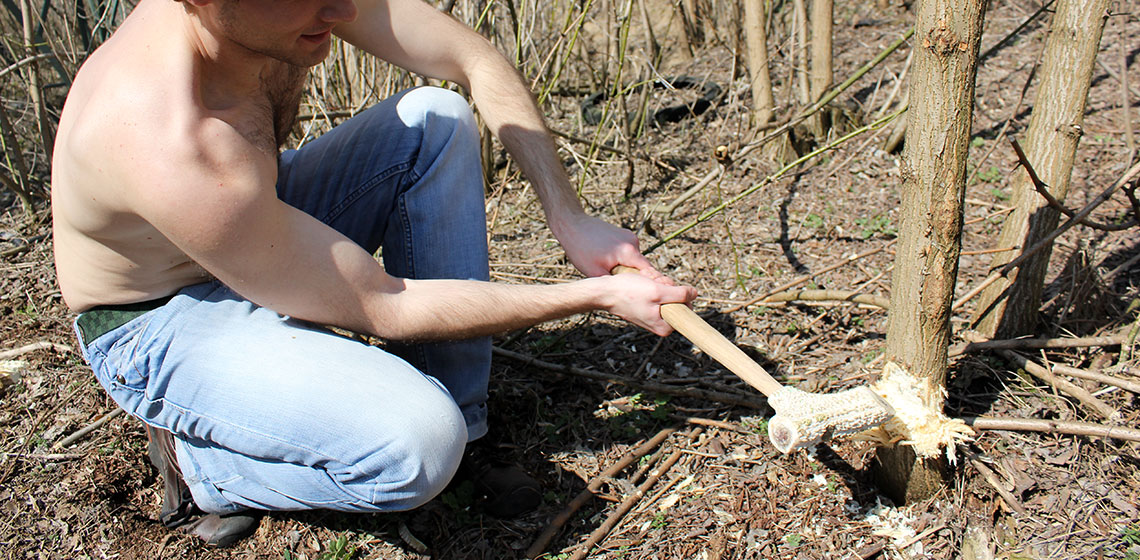Palaeolithic
Experiments on Possible Stone Age Glue Types
Tangible and Intangible Knowledge: the Unique Contribution of Archaeological Open-Air Museums
***Over the years my personal research interests have focussed on the less tangible elements of the past, such as gender issues, perishable material culture, and the sensory worlds of the past, but all of these have been underpinned by a longstanding appreciation of the role experimental archaeology can play as...
Interview: "The Small Things Paint the Big Picture" with Harm Paulsen
Book Review: Experimentelle Archäologie in Europa, Bilanz 2014
***Volume number 13 of the periodical Experimentelle Archäologie in Europa. Bilanz contains 215 pages with 18 different articles on a wide variety of subjects. The contributions are presented in four sections: Experiment and Test, Reconstruction Archaeology, Theory and Emanation’, and Short reports...
Professor Grzegorz Osipowicz PhD
I have worked in experimental archaeology for more than 20 years. My interest focuses on the technology and function of prehistoric stone and osseous artefacts, which I study mainly using the traceological method.
Knapping Skill Assessment
***This article is derived from a presentation made by the senior author at the OpenArch Conference "Working with stones in European Pre- and Proto-history in theory and in practice" organised by the Archaeological-Ecological Centre Albersdorf (DE), 23-27 September, 2013.
CRISP (IT)
Interuniversity Research Centre for The Study and Promotion of Prehistoric Cultures Technologies and Landscapes
The University of Siena, the University of Rome “La Sapienza” and the University of Tromsø (NO) signed an agreement for the establishment and operation of an Interuniversity Research Center for the study and promotion of Prehistoric cultures, technologies and landscapes - CRISP. The three Universities are involved in research activities related to Prehistory and they all are interested in study methodology based on Spatial analysis in archaeology, Experimental archaeology, Anthropology and Ethnography and diffusion of scientific knowledge by means of musealisation.
The University of Siena, the University of Rome “La Sapienza” and the University of Tromsø (NO) signed an agreement for the establishment and operation of an Interuniversity Research Center for the study and promotion of Prehistoric cultures, technologies and landscapes - CRISP...
Conference Review: 9th Experimental Archaeology Conference, Dublin 2015
***The ninth Experimental Archaeology Conference was held over 16-18 January 2015 at University College Dublin (Ireland). A large gathering of nearly 200 delegates from more than 25 countries across the EU and the Americas was hosted by UCD School of Archaeology and the Irish National Heritage Park. Twenty papers and 26 posters...


